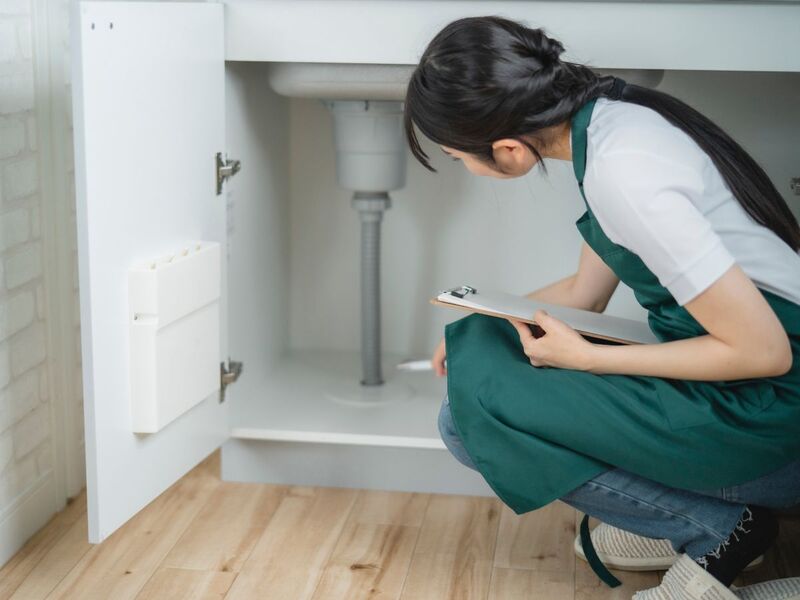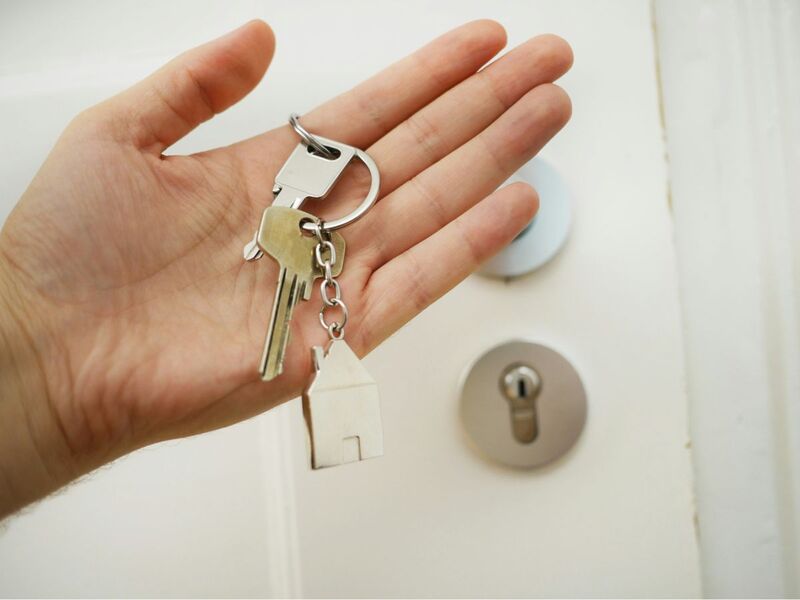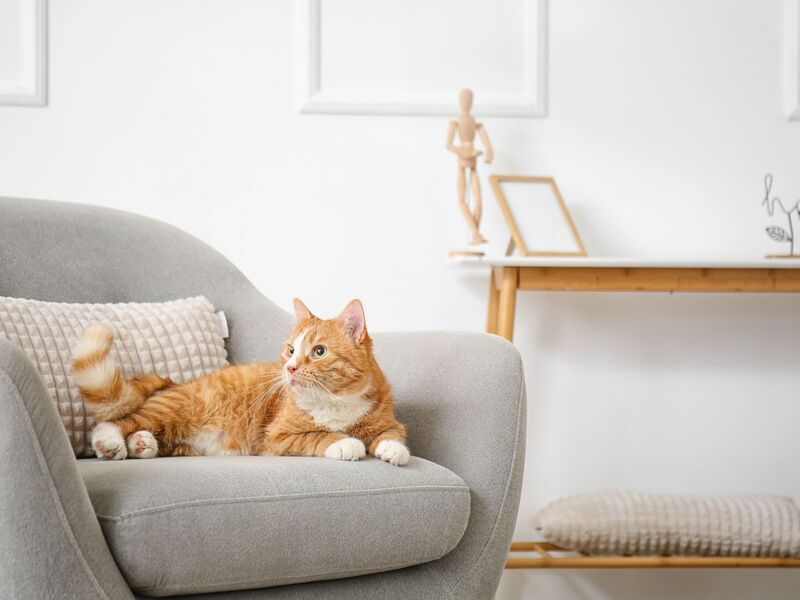Helpful Info for Happy Renting
Useful Information

Chattels
Depending on the property you have rented, there may be manuals located at the property for things such as heat pumps, log burners, pellet fires, dishwashers and security alarms. If you have any problems with the information supplied, or the workings of the chattels, please contact us as soon as possible.
Damage
Damage to the property refers to any harm or deterioration beyond normal wear and tear. Including intentional damage, neglect, or actions compromising structural integrity. Tenants must promptly report any damage to the property manager. Urgent matters should be reported immediately, while non-urgent issues should be communicated within a reasonable timeframe. Reporting through Tapi is preferred, with further details on this provided below.
Entry Inspection Report
A property condition report is used to determine the condition of the property at the commencement of your tenancy. It also ensures that you are not held responsible for damage at the expiry of your tenancy which may have been there prior to your occupation. You will receive this report when you sign your tenancy and collect your keys. You must complete and return this to us within 7 days of moving in, no later! If you don’t send us your report back, it will be noted that you accept the property’s condition and the report. If power is not connected to the property when we conduct the report, we ask that you check to ensure that anything requiring power is working. We also ask that you contact us with any concerns or variances that we may have overlooked.
Gardens and Grounds
It is a requirement of your tenancy agreement that you are responsible for regular watering, weeding and mowing of outdoor areas, unless otherwise stated.
Inspections
Inspections are conducted regularly, with written notice provided as required by the Residential Tenancies Act 1986. The notice will specify the inspection date, which cannot be changed. You’re welcome to be present to discuss any issues, though it’s not required. Please ensure any pets are secured.

Insurance
Although the landlord is responsible for insurance relating to the property itself, they are not responsible for insurance of the tenant’s possessions. If your belongings become damaged or destroyed by an event affecting the owner’s property (such as a fire, storm damage, flooding or power outages) your possessions are not insured by the landlord. Therefore, we recommend all tenants take out their own contents insurance, as well as a rental insurance policy, that will cover you for any possible damage you or one of your guests may cause to the property, and protect you in cases of theft.
Keys
If keys are not returned at the end of any tenancy, the tenant will be responsible for the cost of replacement locks and this can be deducted from the bond. No further keys are to be cut by the tenant without prior written consent from your property manager. This process is in place for your protection and security and that of any subsequent occupiers. In the event that keys are lost or misplaced, please contact your property manager.
Noise Control
Everyone should expect some degree of noise from neighbours, However, excessive noise is disruptive. Loud parties and stereo noise are by far the most common source of complaints. If noise is found to be excessive, the noise control officer will direct the responsible party to immediately reduce it to a reasonable level. This direction may be given verbally but is usually written and remains in force for 72 hours. If this is not followed, the noise control officer, with police assistance, may enter the premises and, without further notice, may seize and impound whatever is making the noise.
Noise complaints are investigated by the Dunedin City Council Environment Health staff who can be contacted on 03 477 4000. After hours complaints can be reached on the same number. Impounded equipment taken by noise control can be reclaimed upon application to the council. Said equipment will be returned if the council is satisfied that its return will not lead to a resumption of noise, and payment of all costs have been paid.
If you plan on having an event, or wish to play loud music, please inform your neighbours in advance. Advise them to phone you instead, if they find the noise too loud. Consider the time of the event and reduce bass levels as it’s often the bass rather than the actual noise level that disturbs neighbours.
Occupancy
Occupancy regulations dictate that only individuals explicitly listed on the tenancy agreement are permitted to reside at the property on a permanent basis. Any alteration in occupancy, such as a tenant moving in or out, needs to be approved by your property manager. A new tenant will need to be approved through the application process prior to moving in.
Parking
We ask that you and your visitors only park in the designated areas. Please ensure cars are not parked on grass verges or lawns.

Pets
Pets may only be kept at the property if you have first received written permission from your property manager. Failure to do so will put you in breach of your tenancy agreement and could affect your ability to continue living in the property. If permission is granted, it's imperative to responsibly manage the pet, including regular cleanup of faeces to maintain cleanliness and prevent nuisance. Additionally, any damages caused by the pet are the responsibility of the tenant, who must rectify such issues promptly. It's essential for tenants to abide by these regulations.
Utilities
It is the tenant’s responsibility to ensure they have set up their utilities, unless stated otherwise in your tenancy agreement (such as gas, phone, power and internet). These must be under the tenant’s own name. Remember to close these accounts when vacating the property.
